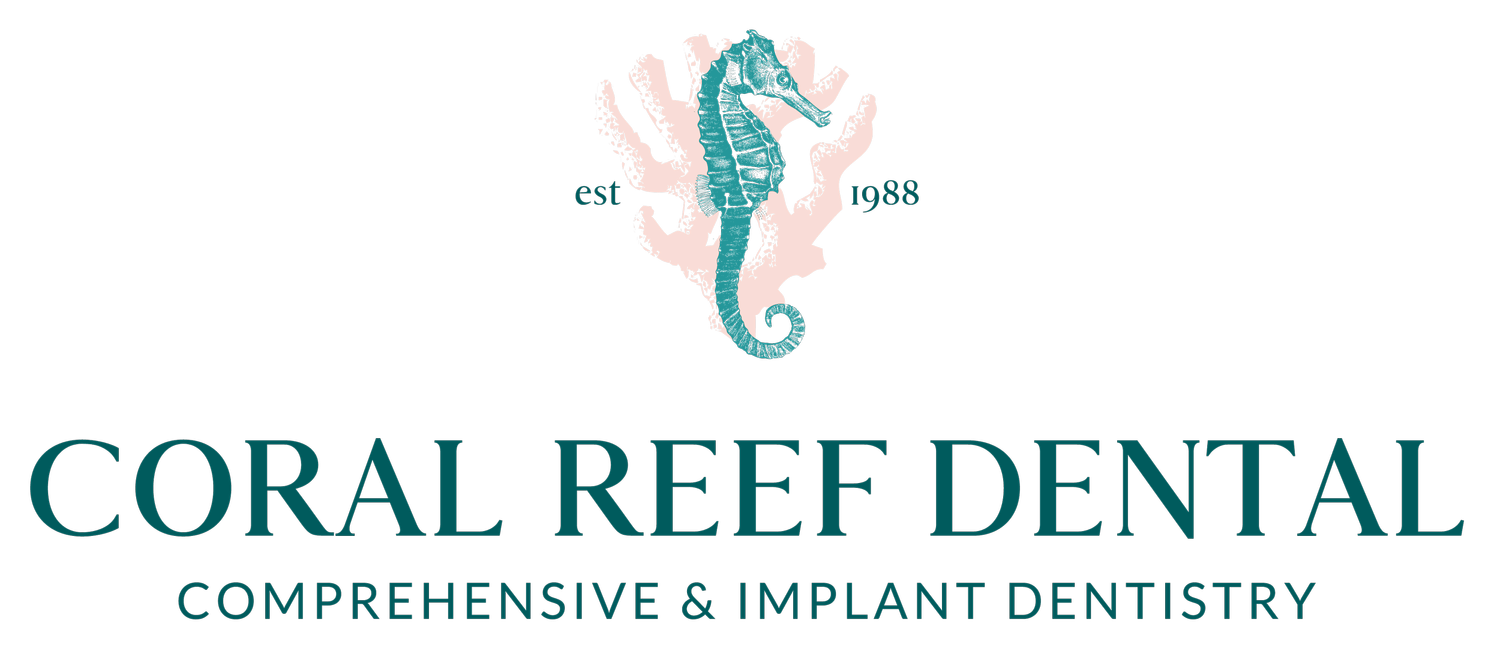A Heated Debate: Toothpaste or Tooth Gel
Today, in our Palm Harbor dental office, we want to settle a very heated and controversial dental debate topic once and for all. You might be wondering “what possible topic related to dental hygiene or dental implants could be controversial or even debatable?”
Wait for it, and the topic is: What’s better, toothpaste or tooth gel? Okay, so maybe it’s not that debatable, but it could be, if you have a strong opinion on the matter, like we do.
If you’ve ever gone to a CVS pharmacy and stood in the toothpaste aisle, then you know that there are sooo many different brands and styles of toothpaste. The number of choices can almost feel overwhelming.
It makes sense that you’d feel overwhelmed, since we know that you take your dental health seriously and want to make the right choices when it comes to taking care of your mouth. The right choice of gel or paste could help you with all of your dental dilemmas.
So, say you’ve figured it out. You sifted through all of the brands and styles. You know exactly what you want, the teeth whitening tartar control extra fluoride Colgate. You go to grab it off the shelf, and as you’re reaching for it, you see that on the row next to it in a seemingly identical box sits a gel version. Then you have to ask yourself one more question, “Do I get the paste form…or the gel form?”
Or, say you know what you want, because you get the gel version every time. You think “ah, this will be easy, I’ll just get the gel and get out of here.” Except something different happens, this time you accidentally grab the paste, because the packaging is so similar.
You get home and put it on your toothbrush, and it’s not the end of the world, but you just prefer the gel version. Maybe, you prefer the gel version enough to feel passionate and a little upset that you accidentally bought the wrong box. Herein, lies the debate.
What’s the difference between Toothpaste and Tooth Gel?
While the brand of gel and paste is important for helping you combat different kinds of oral health problems, there actually isn’t a huge difference between the gel and paste formulas. The most obvious differences are their physical appearance, tastes, and textures.
Tooth Gels
Gels are made with silica to create a clear texture. When it comes to brushing, gels tend to be a bit less abrasive. You don’t get the nice foamy texture that you get from a paste. If you’re a messy brusher, then gels tend to create less of a spatter.
Toothpastes
Pastes are thicker in texture and tend to be a solid color. You can also get tri-colored pastes, green pastes, blue pastes, and even red. Pastes tend to go on your teeth thicker. Thus, they can sometimes create a bit of a mess. If you use a white paste with an electric toothbrush, you might end up end up having to clean the foamy spray off of your bathroom mirror.
Which is better?
I prefer pastes. Since they go on thicker, pastes make my mouth feel cleaner. It might just be in my head, but I also feel like the minty taste of a paste lasts longer.
Every time I’ve “experimented” with gels I regretted it, as it felt like my fresh breath didn’t last as long.
This is just my opinion. I have friends that adamantly advocate for tooth gel. They’re not a fan of the mess that paste can create. I will admit getting paste on your clothes can be a nuisance. On the same hand, that long lasting effect is the reason I like it so much. (Here’s a ProTip: if you end up getting toothpaste on a cotton shirt, you can rub the fabric together in between you fingers until the paste flakes off.)
So, which is better? Honestly, you’ll get the same result no matter which one you choose. Choosing a toothpaste or tooth gel is merely a matter of personal preference. What formula do you prefer? Gel or paste? Do you have a strong opinion on the matter?
If you’re having a hard time finding the perfect toothpaste for you, then make sure you talk to your dentist about it. If you’re curious on if you’re making the right dental health choices and serious about your dental health, give us a call right away for a consultation at (727) – 789-1333.


